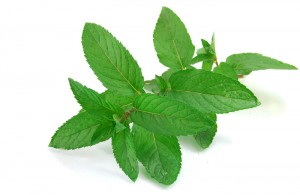Maybe, according to a new study that appears in Bloomberg news. A group of researchers at Eastern Virginia Medical School have found that feeding bed bugs ivermectin laced blood kills them and prevents them from laying fertile eggs. From Pop Sci:
Bloomberg recently reported on research from the Eastern Virginia Medical School which showed that ivermectin, an anti-parasite drug, was fatal to bed bugs (specifically, they used Merck’s brand Stromectol. Merck was not involved in the study). The researchers presented the work at the annual meeting of the American Society of Tropical Medicine and Hygiene, and it is under review for formal publication in a medical journal.
For now, here are the basics. The researchers ran three experiments on groups of bed bugs that included adults as well as young’uns in the third and fourth of the bugs’ five growth stages (third and fourth instar nymphs). Different groups of bugs were fed ivermectin-laced mouse blood through an artificial membrane, directly from mice that had been injected with ivermectin, and on four people that had taken the drug orally.
In all cases, to varying degrees, the drug killed most of the bed bugs. And, in both the mouse and the human studies, most of the instars that didn’t die weren’t able to molt, which they have to do in order to reach reproductive age. In the human trials, the mortality rate was 67 percent three hours after dosing, and fell to 42 percent after 54 hours.
It should be noted that some bed bugs already show resistance to ivermectin, so ivermectin as a long term solution is by no means guaranteed to work.


